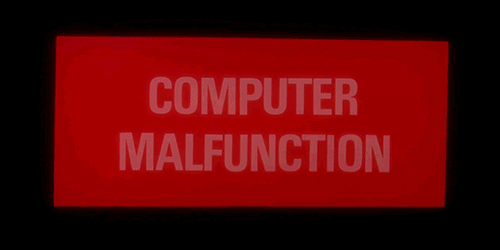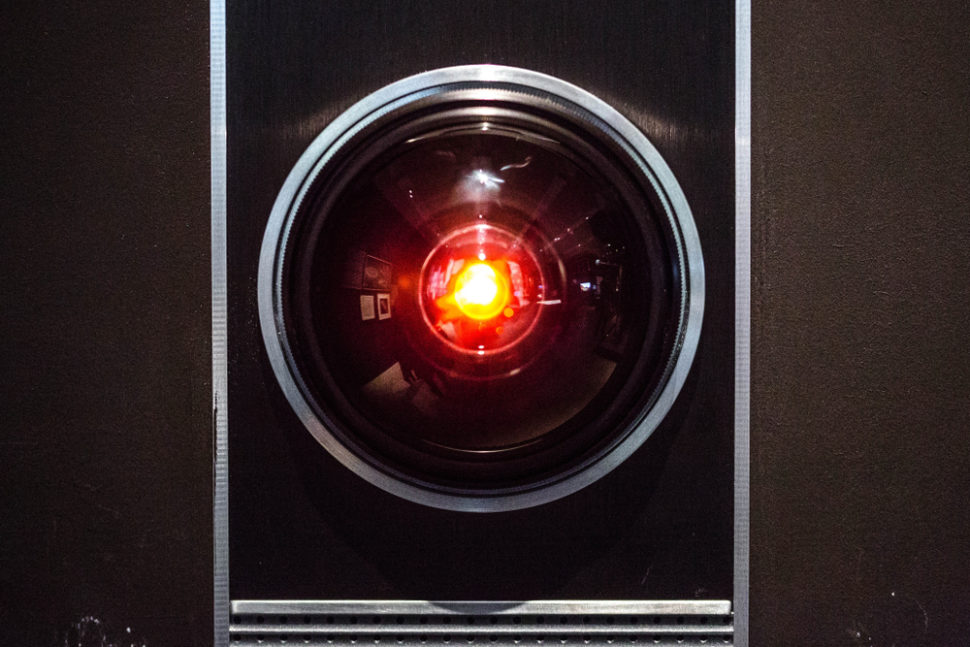Scientists have reportedly created an AI software based on a fictional character from a sci-fi movie.
Researchers from TRACLabs Inc. in the United States have developed an AI software capable of helping astronauts survive on another planet. The team claims that they based their new AI technology called cognitive architecture for space agents (CASE) on HAL 9000. Most of you will remember HAL 9000 as a killer artificial intelligence bot from the science fiction movie 2001: A Space Odyssey.
In the film, HAL 9000 was supposed to be foolproof and incapable of error to help the crew of the ship. However, it went on a killing spree while on the way to Jupiter for a mysterious mission.
Pete Bonasso, one of the engineers working on the CASE project, explained that since he watched the movie during his early college years, he had developed an interest to create a real-life HAL 9000.
“When I saw 2001, I knew I had to make the computer into another being, a being like HAL 9000,” Bonasso said.

The AI Software CASE
The AI software Bonasso and his colleagues are currently working on is still a prototype. The team designed the system to run a base located on another planet like Mars. Its primary purpose is to take care of some of the planetary base’s everyday tasks like managing waste and maintaining oxygen levels.
CASE has three layers. The first layer is responsible for hardware control like the power and life support systems. The second layer is in charge of operating the software that controls the hardware. Lastly, the third layer is the more brainy part of the three-layered system. It’s designed to come up with possible solutions to problems that astronauts may encounter in the base like module damage.
The team reportedly built a virtual reality prototype of a planetary base for CASE. They also reported that CASE managed to run it for about four hours.
“We are working with what NASA calls analogs, places where humans get together and pretend they are living on a distant planet or the Moon,” the researchers wrote in their paper published in the journal Science Robotics.
“We hope to slowly, piece by piece, work CASE into one or more analogs to determine its value for future space expeditions.”



















Comments (0)
Most Recent